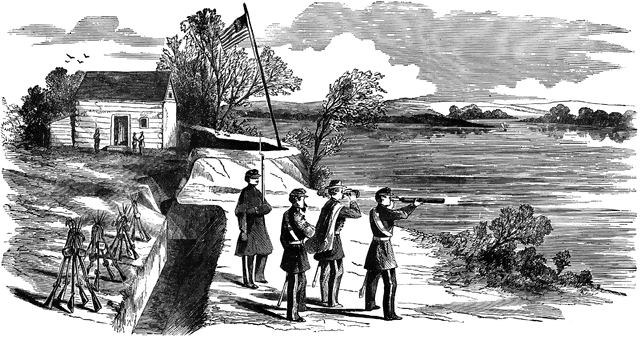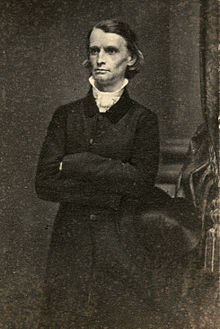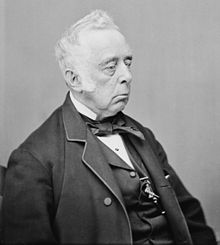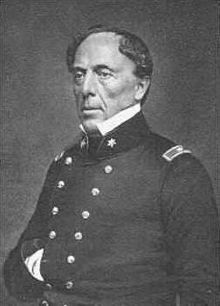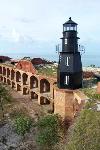 |
| General John C. Fremont |
WASHINGTON, D.C., September 2, 1861.
Major-General Fremont:
MY DEAR SIR: Two points in your proclamation of August 30 give me some anxiety:
First: Should you shoot a man, according to the proclamation, the Confederates would very certainly shoot our best men in their hands in retaliation; and so, man for man, indefinitely. It is, therefore, my order that you allow no man to be shot under the proclamation without first having my approbation or consent.
Second. I think there is great danger that the closing paragraph, in relation to the confiscation of property and the liberating slaves of traitorous owners, will alarm our Southern Union friends and turn them against us; perhaps ruin our rather fair prospect in Kentucky. Allow me, therefore, to ask that you will, as of your own motion, modify that paragraph so as to conform to the first and fourth sections of the act of Congress entitled “An act to confiscate property used for insurrectionary purposes,” approved August 6, 1861, and a copy of which act I herewith send to you.
This letter is written in a spirit of caution and not of censure. I send it by special messenger, in order that it may certainly and speedily reach you.
Your, very truly,
A. LINCOLN
Official Records, Series I. Vol. 3, Page 469
On August 30 Fremont had assumed civil authority over the State of Missouri, declared martial law, and in a far reaching proclamation declared anyone who was found bearing arms within the lines of the Union Army would be tried and, if found guilty, shot. He also stated the slaves of anyone bearing arms against the government where to be considered emancipated. Lincoln was put in a hard position. He correctly noted the impact this would have on Kentucky. But he had to be careful not to alienate the more radical wing of his own party, which saw emancipation as an aim of the conflict. This view was in sharp contrast to that of Democrats who wanted to restore the Union but, for the most part, did not favor immediate emancipation.






